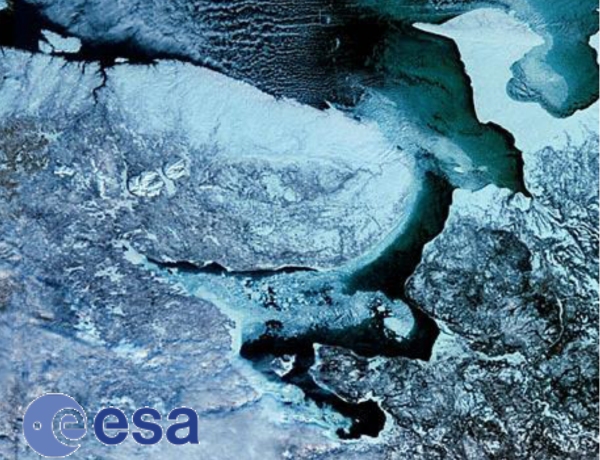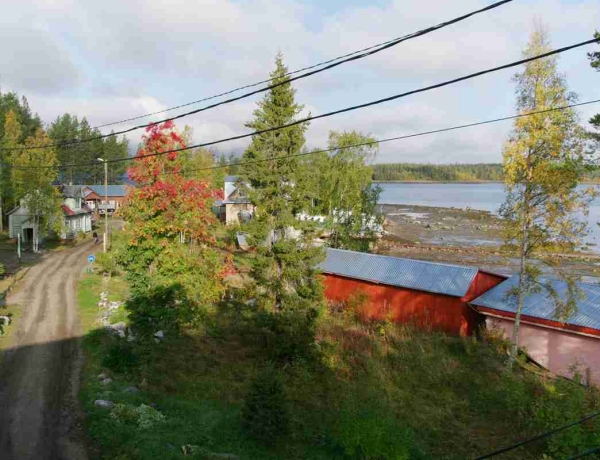1st Student Workshop on Ecology and Optics of the White Sea
A Workshop jointly organised byto be held at the Nikolai Pertsov White Sea Biological Station, Primorskiy, Republic Karelia, Russia
More than 60% of humans live within 60 km from the coastline. Therefore coastal zones, including inland waters and land-ocean interfaces, are important environmental and economic resources, and their investigation with boats or ships has always been a challenge. Today hydrographic data are often collected from space or using airborne sensors, which is particularly relevant in regions with complex coastal waters influenced by freshwater and characterised by long coastlines. A particularly sensitive region is the Karelian coast of the White Sea, which is an inlet of the Barents Sea and one of the seas of the Arctic Ocean.
Optical methods in environmental science have reached a high precision in various marine and land surface applications: vegetation and phytoplankton diagnostics, quantification of suspended and dissolved matter in waters, composition of soils, and pollution analysis, to name but a few. Sunlight reflectance and thermal emission measurements make it possible to investigate parameters such as the penetration depth of light, the phytoplankton and coloured dissolved organic matter content in the ocean, land cover vegetation, and temperature of the Earth surface. Airborne remote sensing using lasers provides a tool for detecting pollutants such as oil spills at sea and discharges on land.
The Student Workshop on Ecology and Optics of the White Sea was a 5-day education and training event. It addressed the principles, methods and results of optical analysis of environmental parameters using modern instruments in tutorials and field excursions. Findings were evaluated in the context of hydrographic processes and ecosystem variables. The relevance of oceans and coastal zones for the daily weather and for the regional and global climate has been outlined.
The Workshop was intended for master and PhD students dealing with biological and physical oceanography and environmental sciences. It offered students the opportunity to meet international researchers and to gain first-hand experience in marine optics and optical remote sensing in plenary sessions, individual study groups, and experiments in the laboratory and in the field. Students had the opportunity to demonstrate their projects in oral or poster presentations.








